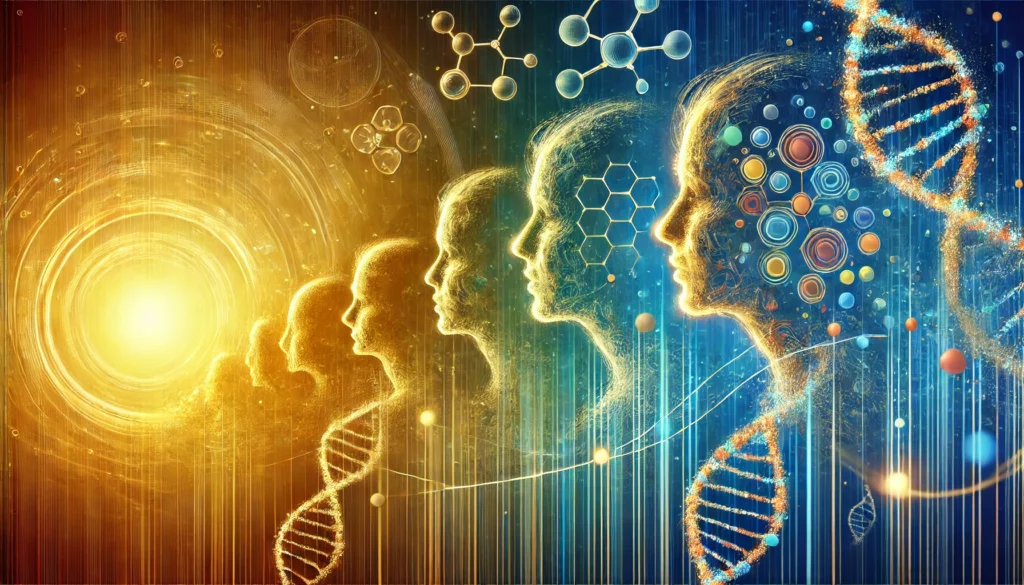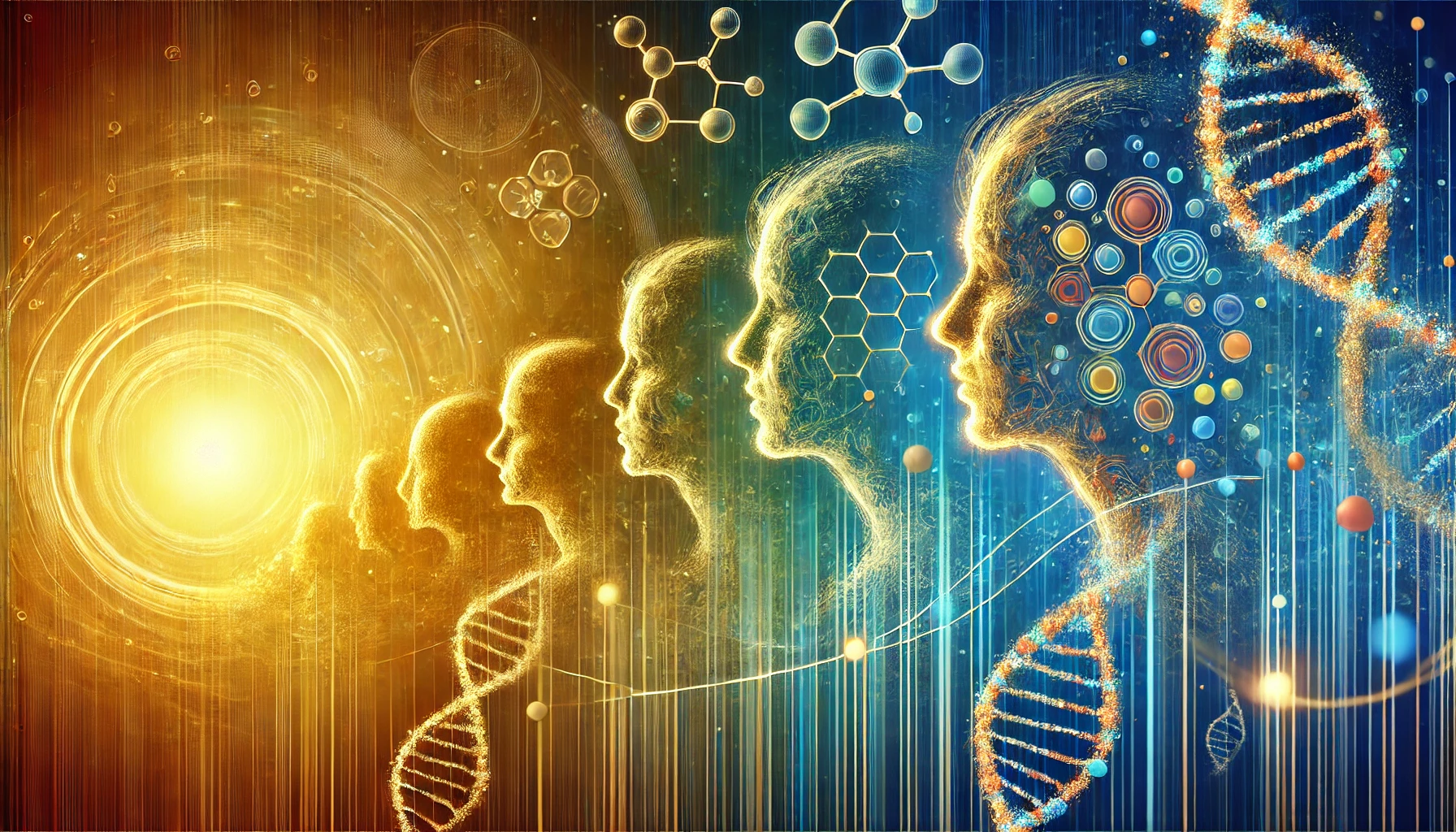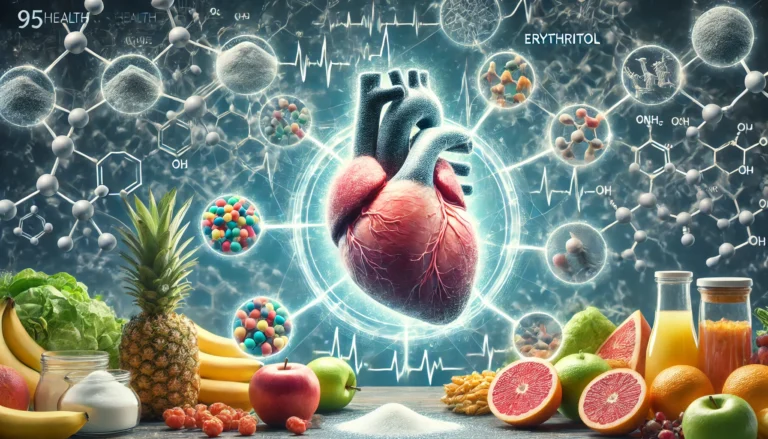Human Aging: Why It Accelerates at Ages 44 and 60
New findings show that aging happens in significant spikes at certain ages like 44 and 60 rather than as a slow progression. The findings might impact our view and strategy regarding aging.
Researchers at Stanford University examined the biological samples collected from study participants for multiple years and uncovered important changes in biomolecules at these crucial ages. The transformations in the numbers of molecules and microbes in our bodies may help justify why cardiovascular risks grow considerably at these ages.
Between ages 44 and 60 the body experiences dramatic alterations in bodily functions metabolism heart health and muscle endurance. These transformations benefit men and women and don’t just stem from menopause themselves. As we hit 60 years old significant transformations take place that impact kidney function and the immune system.
Read more: Unveiling the Secret Switch in Bacteria that Evades Antibiotic Detection

Grasping these ‘ageing peaks’ is important because they imply that aging happens in phases influenced by lifestyle decisions. Staying active through fitness and lowering alcohol intake in your 40s may lower the risks linked to aging.
The results point out the significance of tailored healthcare that is informed by the particular challenges of diverse life periods. More study could lead to the creation of tailored approaches to tackle important phases of fast aging.
Human Aging Quiz
Credits to 95health.com




